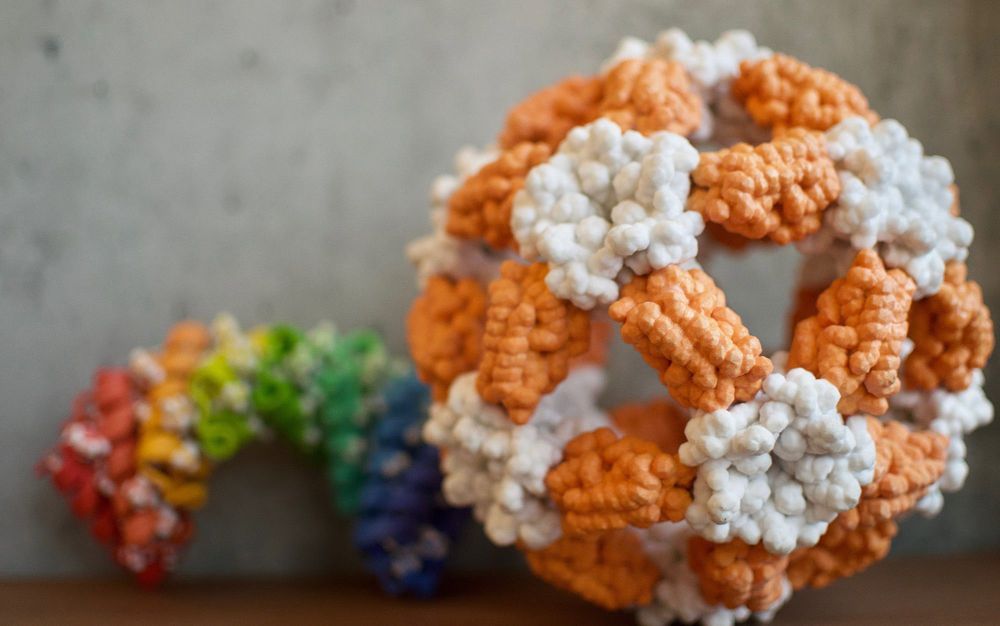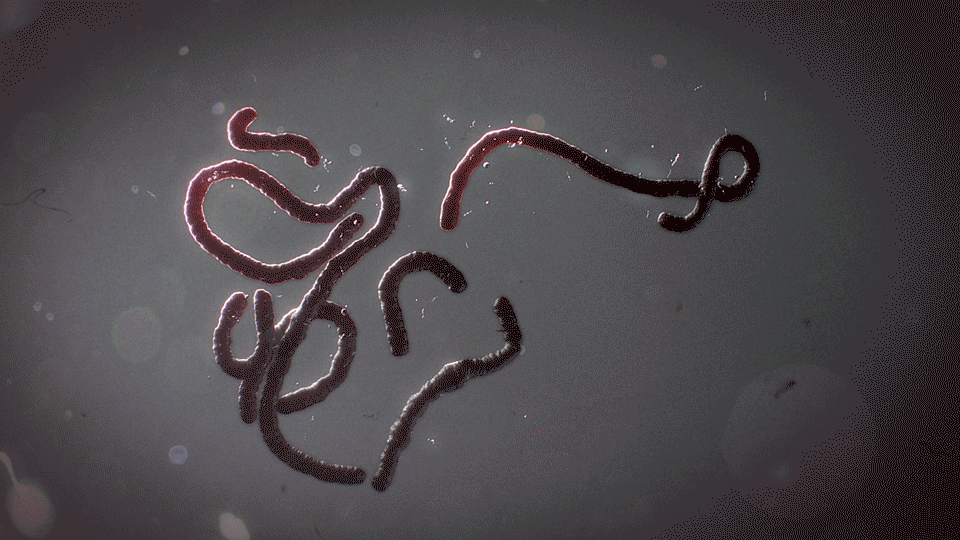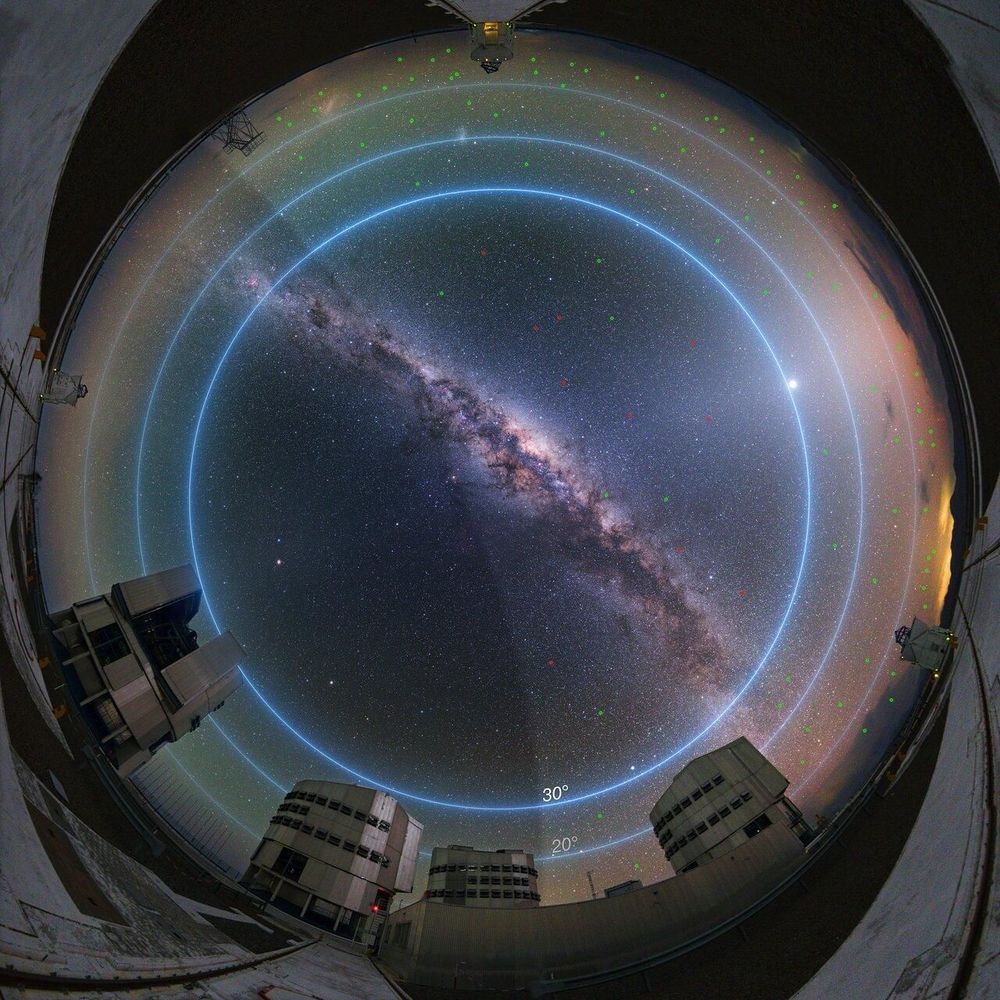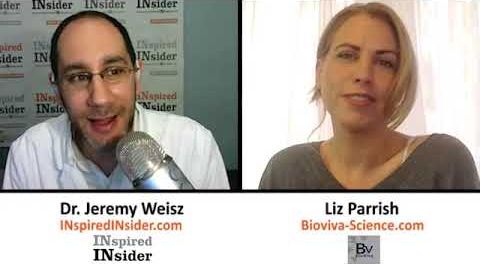Apr 10, 2020
The future is nano, and it will revolutionise medical science Essays
Posted by Mike Diverde in categories: bioengineering, biotech/medical, computing, nanotechnology, science
If you’ve been interested in nanotech, but have been too afraid to ask, here is an introductory and interesting article that I’d like to recommend.
My interest in nanotech is based on my hope that nanotech can lead to methods of constructing substrates that are suitable for mind uploading. It may lead to a technique to create duplicate minds.
“These ‘biological engineering’ technologies have made real one of the dreams of the nanotechnology pioneers: the deployment of molecular assemblers able to construct any shape with atomic precision, following a rational design.”
Continue reading “The future is nano, and it will revolutionise medical science Essays” »

















